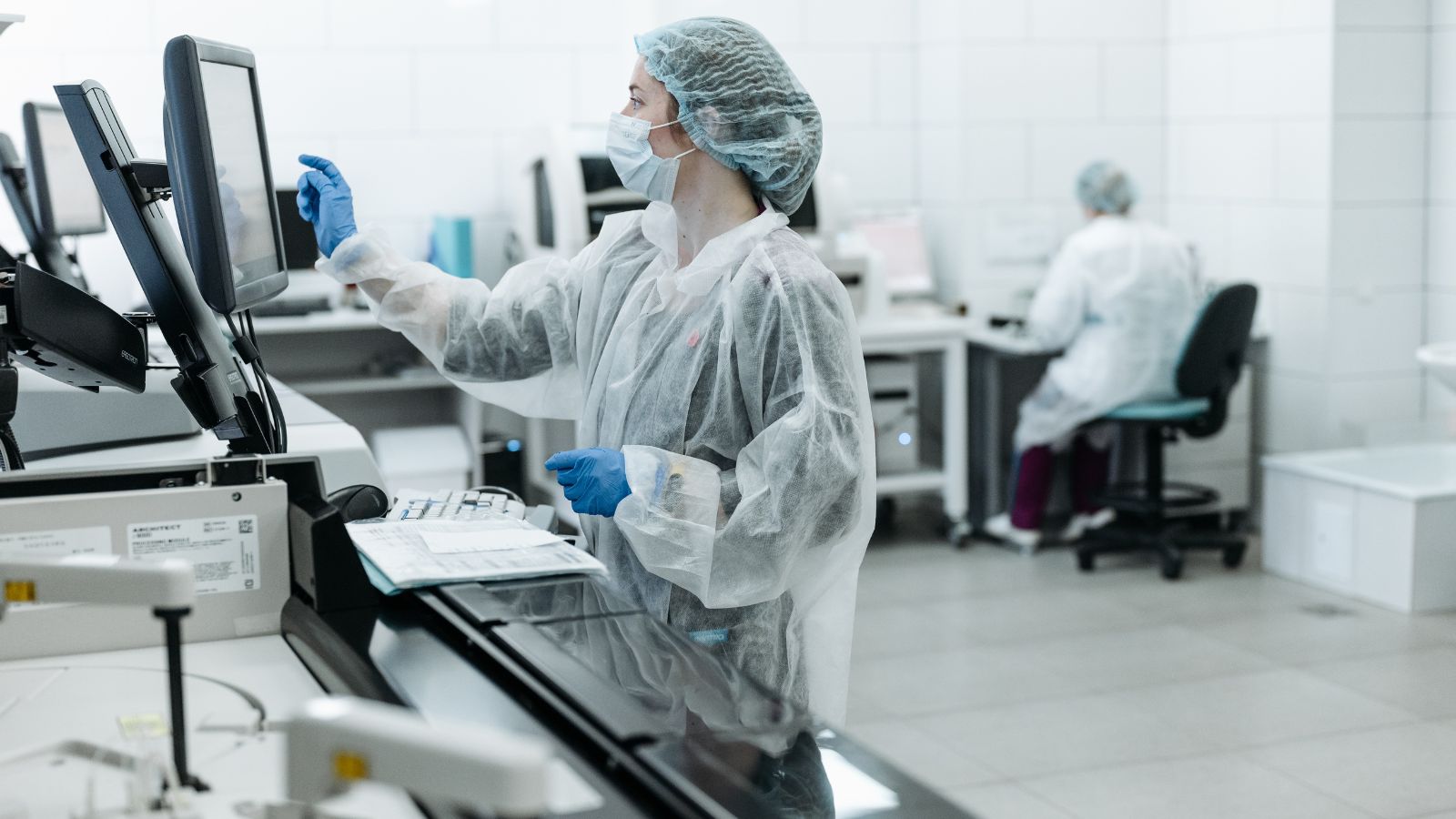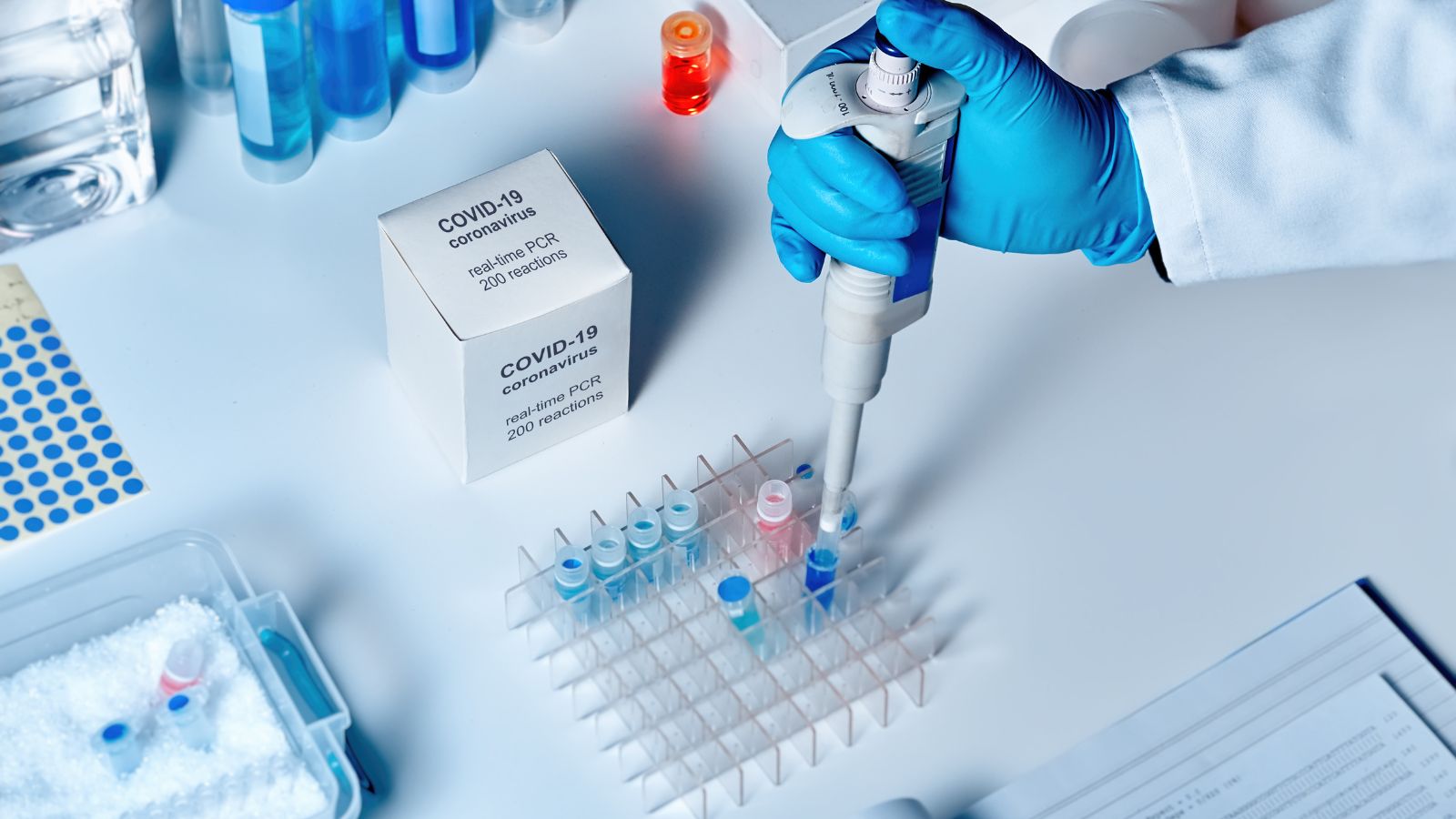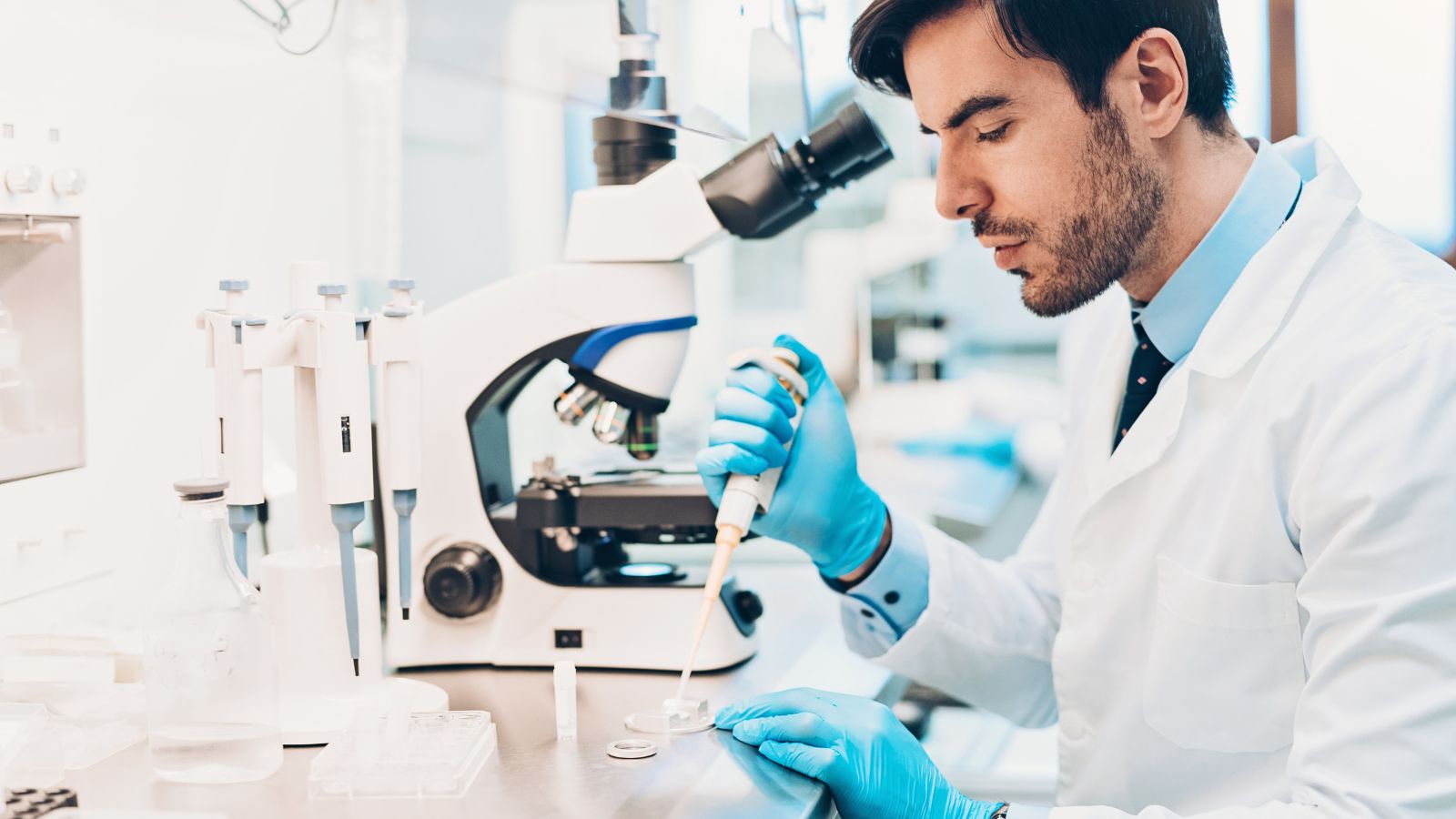

In vitro diagnostics (IVD) refers to medical tests performed on samples such as blood, urine, tissue, or other bodily fluids outside the human body. The term "in vitro," Latin for "in glass," indicates that these tests are conducted in controlled environments, such as test tubes, petri dishes, or advanced diagnostic instruments. IVD plays a pivotal role in modern healthcare by enabling accurate diagnosis, monitoring of health conditions, and guiding treatment decisions.
Unlike in vivo diagnostics, which involve tests performed inside a living organism, IVD focuses on analyzing biological samples in a laboratory or point-of-care setting. This non-invasive approach allows healthcare professionals to detect diseases, assess health risks, and monitor treatment efficacy with precision and efficiency. Companies like Autobio are at the forefront of developing cutting-edge IVD solutions to address global healthcare challenges.

IVD encompasses a wide range of testing methodologies, each tailored to specific diagnostic needs. Below are the primary types of IVD tests:
Autobio specializes in a diverse portfolio of IVD products, including clinical chemistry analyzers, immunoassays, and molecular diagnostic platforms, ensuring comprehensive solutions for laboratories and healthcare providers worldwide.
In vitro diagnostics are indispensable in modern medicine for several reasons:
According to industry reports, the global IVD market is projected to grow from USD 108.3 billion in 2024 to USD 150.13 billion by 2030, driven by rising chronic diseases, technological advancements, and demand for point-of-care testing.

The IVD field is rapidly evolving, driven by innovations that enhance accuracy, speed, and accessibility. Key advancements include:
Autobio invests heavily in R&D to integrate these technologies into its IVD portfolio, ensuring healthcare providers have access to state-of-the-art diagnostic tools.
IVD has a broad range of applications across various medical fields:
Autobio’s IVD solutions cater to these applications, offering reliable and efficient tools for laboratories and clinics globally.
IVD products are subject to stringent regulations to ensure safety and efficacy. In the U.S., the FDA oversees IVD devices, often requiring premarket approval or 510(k) clearance. In the European Union, the In Vitro Diagnostic Regulation (IVDR) sets high standards for market entry. In the Asia-Pacific region, regulations vary by country, with initiatives like South Korea’s Act on In Vitro Diagnostic Medical Devices promoting advanced technology adoption.
Autobio adheres to global regulatory standards, ensuring its IVD products meet the highest quality and compliance requirements, fostering trust among healthcare professionals and patients.
While IVD offers immense potential, it faces challenges:
However, opportunities abound, particularly in emerging markets like China, where the IVD market is the largest in the Asia-Pacific region. Companies like Autobio are well-positioned to capitalize on these opportunities by offering affordable, high-quality diagnostic solutions.
As a global leader in IVD, Autobio delivers innovative, reliable, and cost-effective diagnostic solutions. With a focus on automation, molecular diagnostics, and point-of-care testing, Autobio empowers healthcare providers to deliver accurate diagnoses and improve patient outcomes. The company’s commitment to research, regulatory compliance, and customer support makes it a trusted partner for laboratories worldwide.
In vitro diagnostics is transforming healthcare by enabling early detection, personalized treatment, and effective disease management. As the IVD market continues to grow, driven by technological advancements and rising healthcare demands, companies like Autobio are leading the way with innovative solutions. Whether you’re a healthcare professional or a patient, understanding the power of IVD can help you appreciate its role in improving health outcomes worldwide.
Explore Autobio’s cutting-edge IVD solutions at en.autobio.com.cn and discover how they are shaping the future of diagnostics.